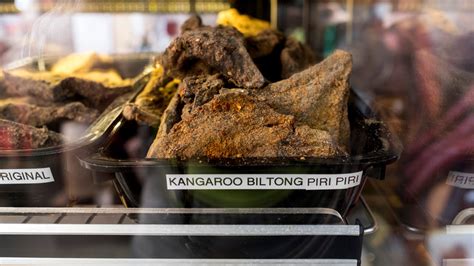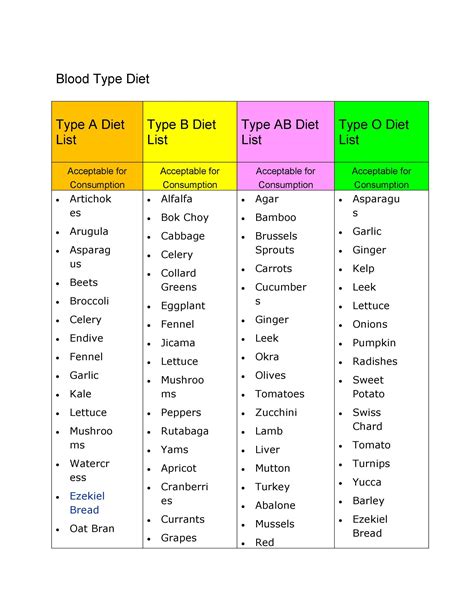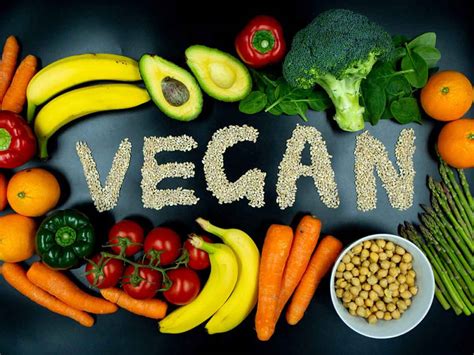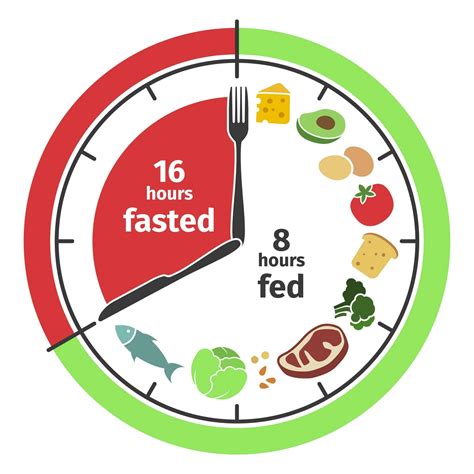Discover the definition, principles, benefits, and challenges of the Kangatarian Diet. Learn how to get started on this unique dietary approach.
Definition of Kangatarian Diet
Contents
The Kangatarian Diet is a type of diet that focuses on consuming meat from kangaroos instead of traditional sources of meat such as beef, pork, and chicken. This diet is based on the principle of sustainability and ethical treatment of animals. The term kangatarian is derived from the word kangaroo and vegetarian, emphasizing the shift towards a more plant-based diet with an emphasis on Kangaroo meat as the primary source of protein.
Unlike traditional vegetarian or vegan diets, where the primary focus is on eliminating or reducing the consumption of all animal products, the Kangatarian Diet allows for the consumption of dairy, eggs, and other animal products, with the primary focus being on incorporating kangaroo meat into one’s diet.
The main principle behind the Kangatarian Diet is to promote sustainable and ethical choices when it comes to meat consumption. Kangaroos are considered to be a more environmentally friendly source of meat compared to traditional livestock such as cows and pigs, as they require less water, produce less greenhouse gases, and have a smaller impact on the land. Additionally, kangaroos are wild animals, and their population is not subject to the same intensive farming practices as traditional livestock, making them a more ethical choice for meat consumption.
Overall, the Kangatarian Diet is a specific dietary approach that emphasizes the consumption of kangaroo meat as a more sustainable and ethical alternative to traditional meat sources, while still allowing for the consumption of other animal products.
Principles of Kangatarian Diet
Principles of Kangatarian Diet
Kangatarian diet is a plant-based diet that includes kangaroo meat as the primary source of animal protein. The principles of the diet revolve around sustainable and ethical choices, as well as the health benefits of consuming kangaroo meat. By following the principles of Kangatarian diet, individuals aim to reduce their carbon footprint, promote animal welfare, and prioritize their own health.
One of the key principles of the Kangatarian diet is sustainability. Kangaroo meat is considered a sustainable protein source due to the abundance of kangaroos in Australia and their minimal impact on the environment compared to traditional livestock. By choosing kangaroo meat over other types of animal protein, Kangatarians are making an environmentally conscious decision that supports the preservation of natural resources.
Another principle of the Kangatarian diet is ethical considerations. Kangatarians believe in ethical animal treatment and choose to consume kangaroo meat as a way to support humane farming practices. Kangaroos are harvested in their natural habitat, and their populations are carefully managed to ensure sustainable harvesting and minimize any negative impact on the ecosystem.
Health and nutrition are also important principles of the Kangatarian diet. Kangaroo meat is low in saturated fat and a good source of protein, iron, and essential vitamins. By incorporating kangaroo meat into their diet, Kangatarians can enjoy the health benefits of a nutrient-dense and balanced eating plan.
In summary, the principles of the Kangatarian diet emphasize sustainability, ethics, and health. By following these principles, individuals can make conscious and responsible choices that benefit both the environment and their own well-being.
Benefits of Kangatarian Diet
A Kangatarian diet can offer several benefits for both health and environmental sustainability. The primary benefit of following a kangatarian diet is the reduced consumption of traditional livestock, such as beef and lamb, which are associated with higher greenhouse gas emissions and land use. By opting for kangaroo meat, individuals can significantly lower their ecological footprint and contribute to the conservation of native ecosystems.
Additionally, kangaroo meat is a rich source of high-quality protein, essential amino acids, and important nutrients such as iron and zinc. These nutritional benefits make it an excellent choice for individuals looking to maintain a balanced and healthy diet. Furthermore, kangaroo meat is low in fat, making it a heart-healthy alternative to other red meats.
From a culinary perspective, incorporating kangaroo meat into one’s diet can also provide an opportunity to explore new flavors and cooking techniques. The unique taste and texture of kangaroo meat can add variety to meals and offer a novel dining experience for individuals seeking to diversify their palate.
Another benefit of the kangatarian diet is the potential for supporting ethical and sustainable agricultural practices. By choosing kangaroo meat over traditional livestock, individuals can align their dietary choices with principles of animal welfare and environmental stewardship. This can lead to a sense of ethical satisfaction and personal fulfillment, knowing that one’s dietary choices are contributing to the well-being of animals and the planet.
Challenges of Kangatarian Diet
One of the challenges of following a Kangatarian diet is the limited availability of kangaroo meat in some regions. While kangaroo meat is a staple of the diet, it may not be readily accessible in all areas, making it difficult for individuals to fully adhere to the Kangatarian lifestyle.
Another challenge is the potential for negative cultural connotations associated with consuming kangaroo meat. Some people may view the consumption of kangaroo as controversial or unethical, which can create social barriers for individuals seeking to follow the Kangatarian diet.
Additionally, adjusting to a diet that primarily consists of lean meats such as kangaroo can be a challenge for individuals who are used to a diet rich in processed and fatty foods. This shift in eating habits may require a significant adjustment period for some individuals.
Furthermore, the cost of kangaroo meat can be a challenge for individuals on a tight budget. Kangaroo meat may be more expensive or less accessible than other types of meat, which can pose a potential financial obstacle for those interested in pursuing the Kangatarian diet.
In conclusion, while the Kangatarian diet offers numerous health and environmental benefits, individuals may encounter challenges related to accessibility, societal perceptions, dietary adjustments, and affordability when trying to adhere to this unique eating plan.
Getting Started with Kangatarian Diet
So you’ve heard about the Kangatarian Diet and you’re interested in giving it a try. Whether it’s for ethical reasons, environmental concerns, or health benefits, transitioning to a Kangatarian Diet can be an exciting journey. It’s important to understand the principles and guidelines of this diet before getting started, to ensure that you are making the most of the experience.
If you’re new to the concept, a Kangatarian Diet primarily focuses on consuming kangaroo meat instead of traditional meats like beef, pork, or chicken. The diet advocates for sustainability and ethical treatment of animals, while also promoting a lean and nutrient-rich source of protein.
One of the first steps to getting started with a Kangatarian Diet is to educate yourself about the benefits and challenges associated with this lifestyle. It’s essential to be well-informed about the potential impact on your health, the environment, and the ethical considerations involved.
Another important aspect of starting a Kangatarian Diet is to assess your current eating habits and create a plan for transitioning to this new way of eating. This may involve gradually reducing your consumption of traditional meats and incorporating kangaroo meat into your meals, along with a variety of fruits, vegetables, and whole grains.
Finally, seeking guidance from a nutritionist or healthcare professional can be beneficial when embarking on a new dietary journey. They can help you create a balanced and sustainable meal plan, address any potential concerns or deficiencies, and provide ongoing support as you navigate the Kangatarian lifestyle.












